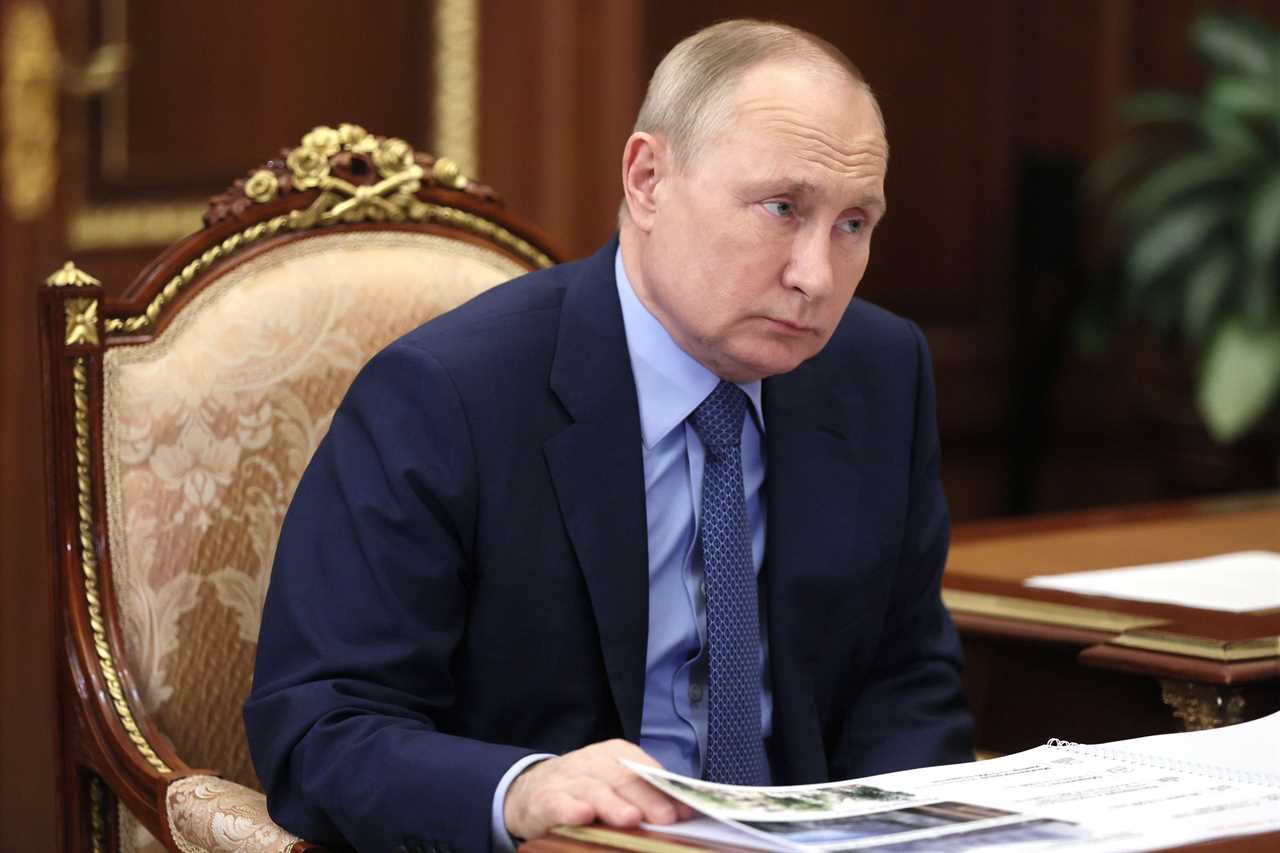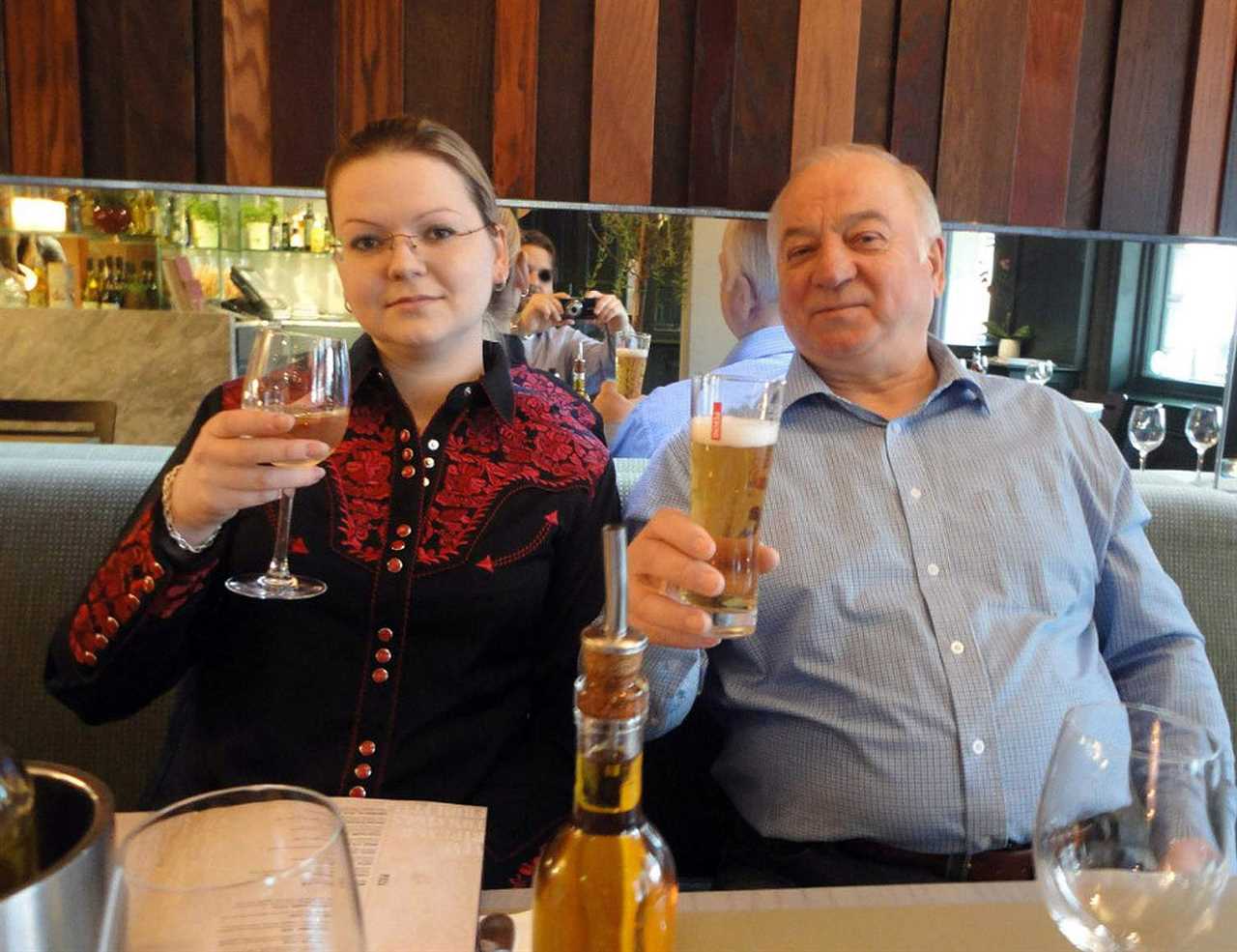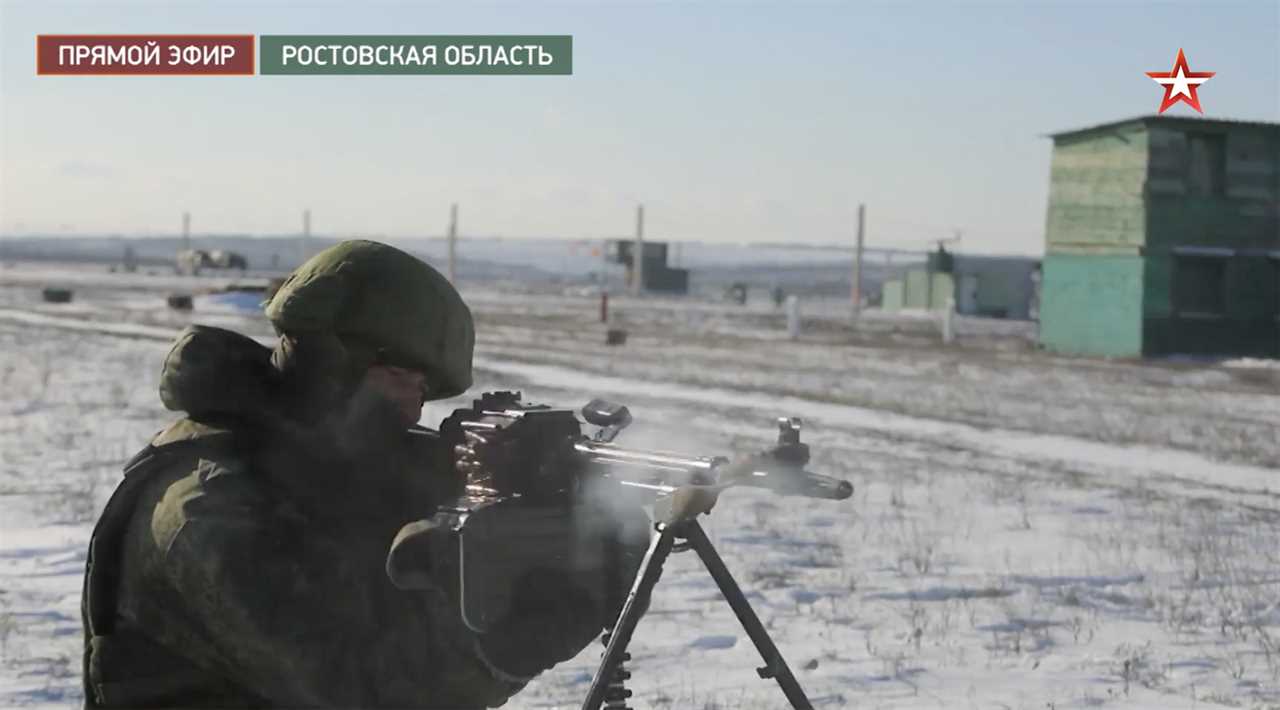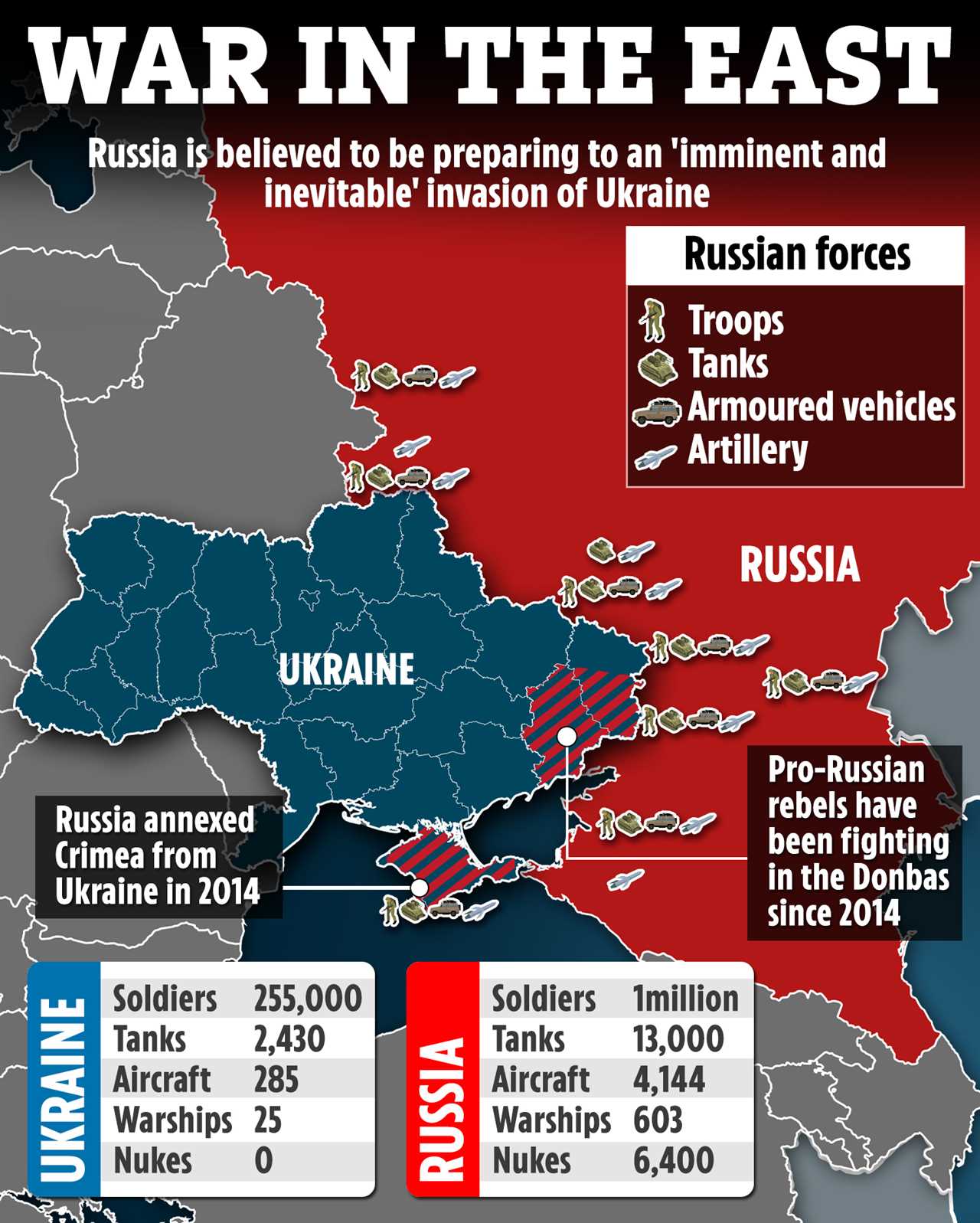DEADLY anti-tank missiles supplied by Britain have arrived in the Ukraine amid fears Russia could invade in days.
The weapons are designed to take kill Russian battle tanks in the event of an invasion and equip Ukrainian guerrillas who will carry on the fight.
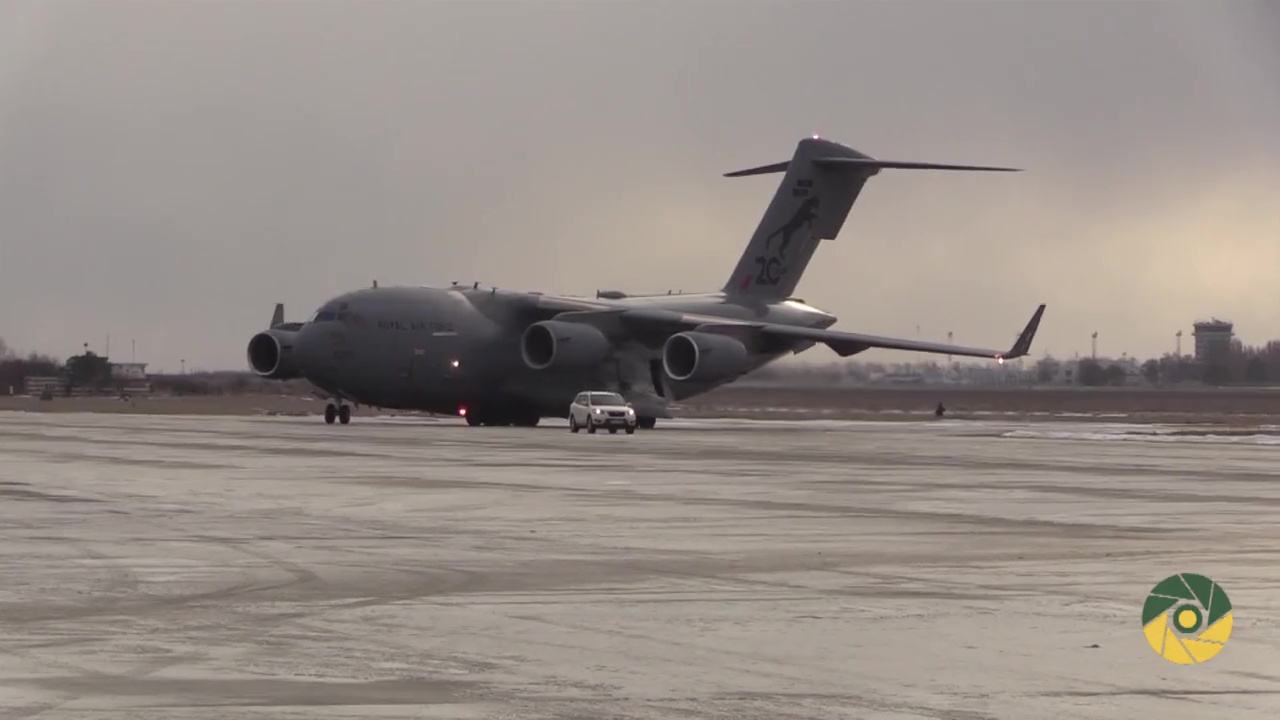
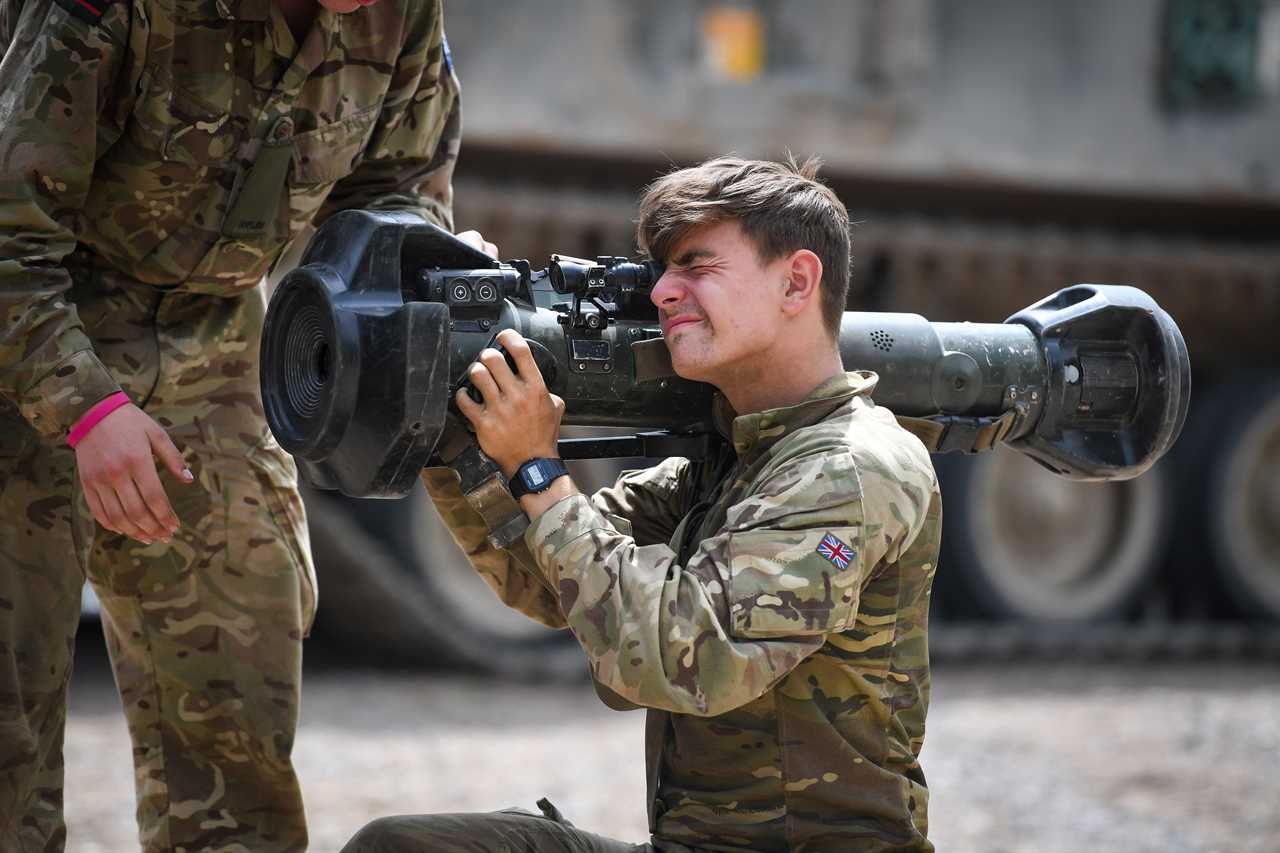
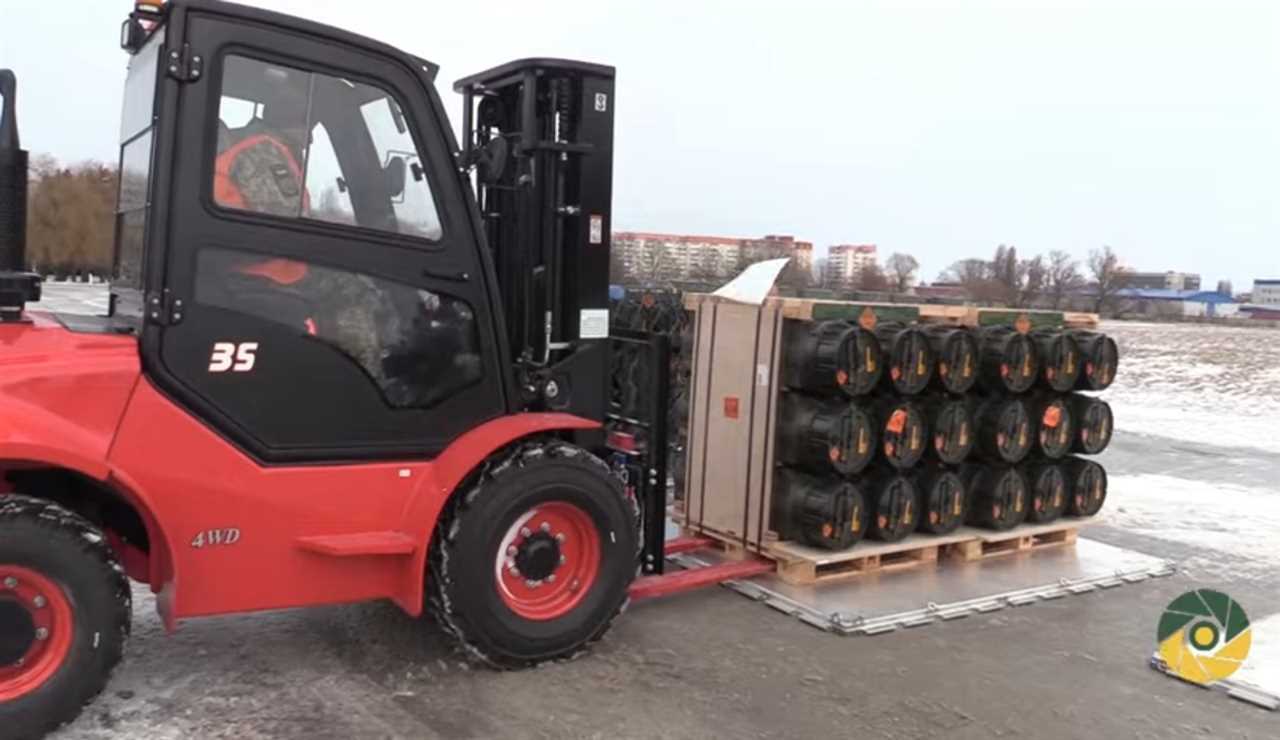
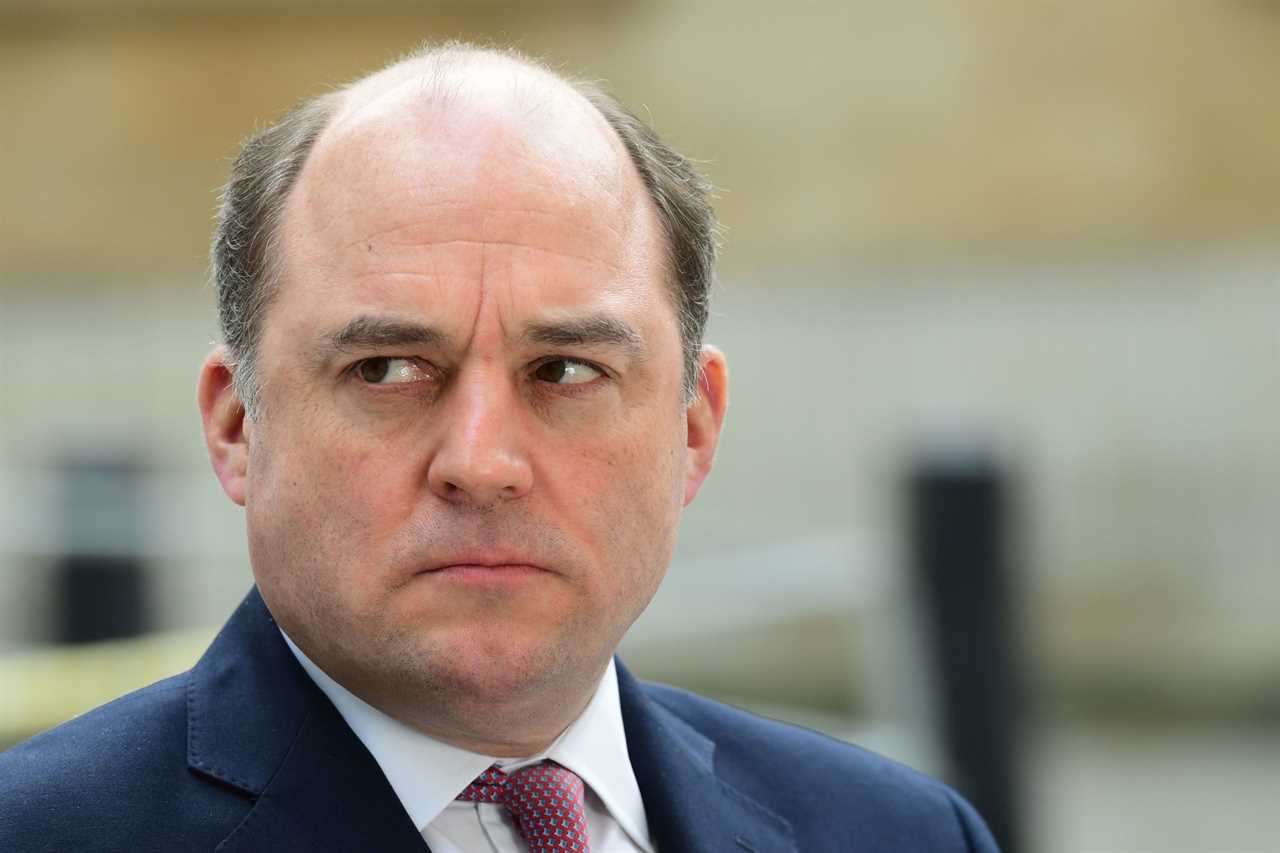
It comes as Defence Secretary Ben Wallace invited Kremlin chiefs to London for crunch talks.
He extended an olive branch to Russian chiefs for face-to-face meetings, the first since the poisoning of the Skripals in Salisbury nearly four years ago.
Fears have been raised a Russian invasion of Ukraine is “inevitable and imminent” as Kiev blamed Vladimir Putin for a massive cyber attack.
The eyes of the world are on Ukraine as Putin has massed nearly 100,000 troops along with an arsenal of artillery and tanks in the region.
Mr Wallace warned Russia last night that there was a “package of international sanctions ready to go” if they dare to cross the border and mount a full-on invasion as feared.
And Britain will ramp up its arms and send a string of anti-tank missiles to stop Putin’s army in its tracks, over fears that any conflict could “lead to a huge loss of life on all sides”.
A string of deadly shoulder-launched missiles designed to kill Russia’s best battle tanks will be shipped over to Ukraine in the coming days.
The Next generation Light Anti-tank Weapons (NLAW) are described as an easy-to-use “tank-destroyer”.
“It is the first, non-expert, short-range, anti-tank missile that rapidly knocks out any main battle tank in just one shot by striking it from above,” the British Army boasts.
Weighing just 12.5kg, the missiles are designed for infantry to use in any conditions, including built up areas, with a deadly range of 20m to 800m.
A small number of troops will head to Ukraine in the coming days to train up their army and help prepare for war.
In a last-ditch attempt to reach out to Putin, the defence secretary insisted “we have more in common than we may think” with Russia and warned the Kremlin: “It does not have to be this way”.
The current gap was “wide but not unbridgeable”, and he was “hopeful” that the Russian chief would come back from the brink and see sense.
Mr Wallace told MPs in the Commons: “there is a world in which we can establish a mutually beneficial relationship with Russia.
“I still remain hopeful that diplomacy will prevail. It is President Putin’s choice whether to choose diplomacy and dialogue, or conflict and the consequences.”
He invited Sergey Shoygu to visit London “in the next few weeks”, noting: “We’re ready to discuss issues related to mutual security concerns and engage constructively in good faith.”
Relations with Russia hit a low after the poisoning of Sergei and Yulia Skirpal by former Russian military officers in March 2018 – which led to the expulsion of more than Russian diplomats from Western nations around the world.
Tens of thousands of Russian troops, tanks and short-range missiles are ready and waiting at the border with Ukraine.
He will jet to Latvia tomorrow ahead of a visit by Liz Truss to Ukraine in the coming weeks.
